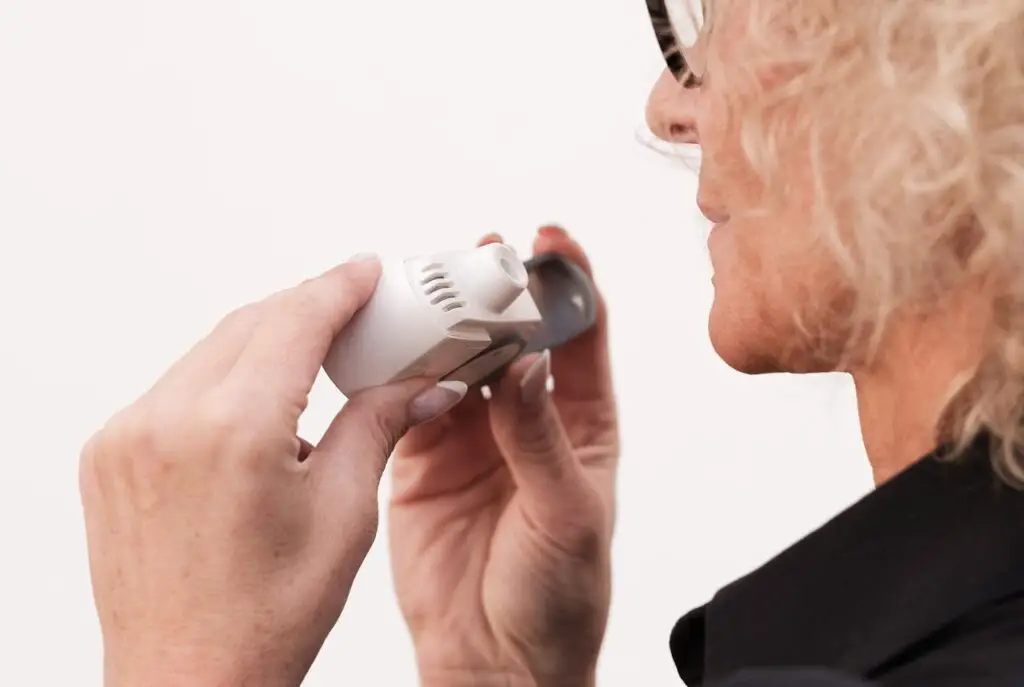10 Health Concerns Baby Boomers Need to Watch Closely

Aging is not about slowing down—it is about leveling up. Every new decade brings wisdom, experience, and memories worth treasuring, but it also brings changes to the body that should not be ignored. For Baby Boomers, now mostly in their 60s and 70s, staying healthy is not just about living longer. It is about living well enough to enjoy retirement, travel, grandchildren, and all the freedoms that come with this stage of life.
The truth is that some health concerns creep in quietly and only make their presence known when they have already become a problem. The good news is that being proactive can help prevent many of them. With a little attention and some lifestyle adjustments, you can continue enjoying the things you love while protecting your well-being.
Here are ten health concerns Baby Boomers should watch closely, along with practical tips that make it easier to stay on top of them.
1. Heart Disease and Cardiovascular Problems

The heart works harder as the years go on, and it deserves extra care. High blood pressure, high cholesterol, and clogged arteries can raise the risk of heart attacks and strokes, making cardiovascular health a top concern for Baby Boomers.
What to do: Schedule regular checkups, know your numbers, and follow a heart-friendly lifestyle. That means eating more fruits, vegetables, and lean proteins while cutting back on processed foods and salt. Moving your body every day helps too, whether it is walking the dog, swimming at the community pool, or dancing in the living room. Small, consistent changes keep your heart strong.
2. Type 2 Diabetes and Metabolic Syndrome

More Baby Boomers are facing issues with high blood sugar and insulin resistance. Type 2 diabetes can quietly harm the kidneys, nerves, and eyes, while also increasing the risk of heart disease. Often, diabetes travels with other concerns like high blood pressure and high cholesterol, a combination sometimes called metabolic syndrome.
What to do: Get screened regularly with fasting glucose or HbA1c tests. Focus on a balanced diet rich in fiber, whole grains, and vegetables. Staying active makes a huge difference, and losing even a modest amount of weight can improve blood sugar control. Think of it as giving your body a reset button.
3. Obesity and Unhealthy Weight Gain

Losing weight often feels harder with age, and it is not your imagination. Metabolism slows down, muscle mass decreases, and lifestyle shifts can make the pounds creep up. Carrying extra weight increases the risk of nearly every chronic disease, from heart issues to arthritis.
What to do: Keep an eye on portion sizes, swap out sugary snacks for healthier choices, and include strength training in your routine to preserve muscle. Even light weights or resistance bands work wonders. Good sleep and stress management are also key players in maintaining a healthy weight. Remember, it is not about chasing a number on the scale but about keeping your body strong and energized.
4. Arthritis, Osteoporosis, and Bone Health

Joint stiffness, aching knees, or brittle bones are common complaints among Baby Boomers. Conditions like osteoarthritis and osteoporosis can limit mobility and raise the risk of fractures, which take longer to heal as we age.
What to do: Do not wait until you have pain to protect your joints and bones. Include weight-bearing exercises like walking, dancing, or gentle hiking. Make sure you are getting enough calcium and vitamin D, whether through food or supplements. If you smoke, quitting will also strengthen your bones. And if joint pain does appear, talk to a doctor or physical therapist early—intervention can slow progression and improve mobility.
5. Respiratory Conditions and Lung Health

Breathing should always feel effortless, but many Baby Boomers deal with chronic obstructive pulmonary disease (COPD), asthma, or decreased lung capacity, especially if smoking was once part of their lives. Pollution and aging itself can also make lungs more vulnerable.
What to do: If you smoke, quitting remains the single most important step. Avoid secondhand smoke and limit exposure to dust or pollutants. Exercise helps keep the lungs strong, even something as simple as daily brisk walking. Do not forget about vaccines for flu and pneumonia, since respiratory infections can become serious quickly when lung health is compromised.
6. Cognitive Decline, Dementia, and Alzheimer’s Risk

Occasional forgetfulness is normal, but more serious cognitive decline is a growing concern. Alzheimer’s disease and other dementias affect many Baby Boomers, often linked to lifestyle factors like blood pressure, blood sugar, and sleep habits.
What to do: Keep the brain active by learning new things—take a class, play an instrument, or try puzzles. Regular physical activity and social engagement are powerful protectors of brain health. Prioritize good sleep, and do not ignore hearing or vision problems, as these can speed up cognitive decline. If you notice ongoing memory issues, talk with your doctor early.
7. Mental Health: Depression, Anxiety, and Isolation

Retirement, empty nests, and the loss of loved ones can all take an emotional toll. Depression and anxiety are not uncommon among Baby Boomers, yet many people avoid discussing their mental health. Left untreated, these issues can affect not only mood but also physical health.
What to do: Pay attention to how you feel. If you notice a lack of interest in hobbies, sleep problems, or ongoing sadness, it may be more than “just aging.” Stay socially active, whether through volunteering, joining a club, or simply connecting with friends. Physical activity and mindfulness practices also boost mental health. And if needed, do not hesitate to seek professional help—there is strength in reaching out.
8. Cancer Awareness and Screenings

Cancer risk increases with age, making regular screenings essential. Baby Boomers are particularly at risk for lung, breast, colon, and prostate cancers, especially if lifestyle factors or family history come into play. The encouraging part is that early detection can dramatically improve outcomes.
What to do: Stay on top of recommended screenings such as mammograms, colonoscopies, and skin checks. Report unusual symptoms like lumps, bleeding, or unexplained weight changes right away. Healthy habits like limiting alcohol, avoiding smoking, and eating a colorful diet rich in fruits and vegetables are powerful preventive tools.
9. Eyes, Hearing, and Sensory Health

Declining vision and hearing may feel like small inconveniences, but they carry big risks. Poor eyesight can increase the risk of falls, and untreated hearing loss can contribute to social withdrawal and even cognitive decline. Conditions like cataracts, glaucoma, and macular degeneration become more common with age.
What to do: Schedule annual checkups with both eye and hearing specialists. Use hearing aids if recommended—today’s devices are far more discreet and effective than in the past. Protect your eyes with sunglasses, eat nutrient-rich foods that support vision, and manage blood pressure and blood sugar, which also affect eye health.
10. Mobility, Balance, and Risk of Falls

For Baby Boomers, falls are no small matter. A broken hip or serious injury can dramatically change independence. With muscle strength and balance naturally declining over time, falls become a major concern.
What to do: Include balance exercises such as yoga, tai chi, or simple one-leg stands in your daily routine. Strength training also supports stability. At home, make safety improvements like better lighting, removing loose rugs, and adding grab bars in bathrooms. Proper footwear is another simple but effective way to prevent accidents. If you ever feel dizzy or unsteady, bring it up with your doctor immediately.
Final Thoughts

Getting older does not mean giving up on health—it means leaning into it with more intention. You have spent decades building a career, raising families, and shaping communities. Now it is time to invest in yourself. By paying attention to these ten health concerns, you can protect your independence, keep doing the activities you love, and make the most of this exciting stage of life.
The bottom line? Aging is inevitable, but thriving is a choice. With the right care, the right habits, and the right mindset, Baby Boomers can continue to live not only longer but better.
Leave a Reply